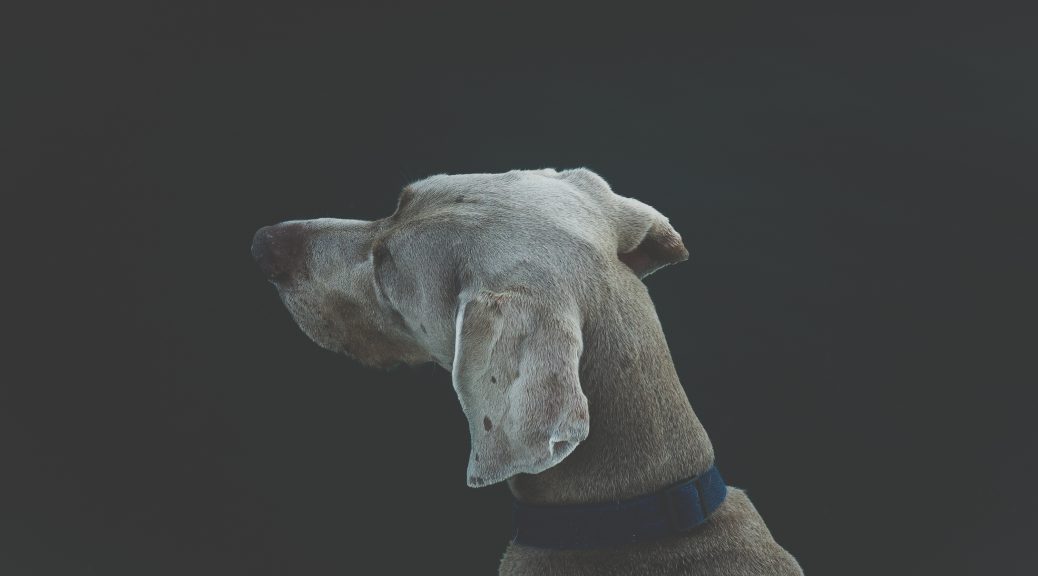About the current projects on animals and social work
A. Matsuoka and J. Sorenson June 2019
Our current projects on animals and social work address two key issues. First, we will develop understanding of the concept trans-species social justice (i.e. social justice beyond humans) and second, we hope to make social work more inclusive of other animals by developing the field of “animals and social work” which builds on this concept.
Our relationships with non-human animals are changing. More than ever, we depend on other animals for food, clothes, drugs, etc. in our everyday lives, and exploit massive numbers of them as commodities. One example among many is factory farming, in which we closely confine and kill animals for greater profit. Is such exploitation justifiable? A landmark 2006 United Nations report recognizes links between animal agriculture and key human problems such as environmental destruction, pollution and impoverishment. Exploitation of other species is a serious social issue with far-reaching human consequences.
Some may ask, however, what does this have to do with social work? About twenty years ago if we brought up the idea, the conversation did not go very far and the message was “let’s focus on the real issues”. Since then, people have gained better understanding on the intersectionality of oppression and it is not unusual now for some to immediately understand how exploitation of and violence against animals, such as the case of factory farming, is related to exploitation and violence against humans and communities with limited resources. Our current project examines, for example, violence against women and their companion animals (pets) to gain a better understanding on how social workers and individuals working in this area help women and their families by incorporating animals or, as in our project, incorporating what we call the concept of trans-species social justice.
The context of advanced neoliberal capitalism requires social workers to understand complex economic and political issues and demands that we expand our framework beyond the exploitation of human labour. Although there is a long history of entangled oppression, the need for an inclusive approach is greater today as humans continue to see all forms of life as resources to exploit and ecosystems are crashing. In such a dire situation, social work needs to reconsider its anthropocentric model. The core value of social work is social justice and we begin our project of animals and social work by considering social justice beyond humans, trans-species social justice.
We situate our study in the fast-growing interdisciplinary fields of Human Animal Studies, with its focus on human-animal relations, and Critical Animal Studies, which seeks to abolish exploitation of animals and promote more just relationships with them. By utilizing Iris Young’s understanding of justice, we define trans-species social justice as the consideration of interests of all animals (including humans) in order to achieve institutional conditions free from oppression and domination (see trans-species social justice).
As no other study has systematically investigated trans-species social justice or used such knowledge to develop a trans-species social justice-based framework for social work, the potential contribution of this project is important.
Potential contributions to the advancement of knowledge are multiple. First, systematically exploring social justice and human-animal relations will provide better understanding of social justice beyond human beings. Second, this contributes to deeper understanding of Canadian social work’s core theoretical approach, Anti-Oppressive Practice. Third, better understanding of trans-species social justice will help to develop more appropriate interventions and programs that take into account contemporary human-animal relations. Fifth, because of all the above, developing the field of animals and social work will help social workers participate actively in building more just human-animal relations.
Various social workers and social work scholars have been working to build the basis of animals and social work. David, B. Wolf (2000) was the first work which introduced speciesism in social work. Thomas Ryan (2011) challenged us to reconsider anthropocentrism in social work and proposed an alternative way to move social work to a more inclusive understanding by revising social work’s codes of ethics. Ryan’s (2014) edited book is an excellent collection of contributions on animals and social work in early 2010s by social workers. We will post resources on this site in the near future.
Meanwhile, please consider how human animal relationships influence your practice and current policies.
References:
Ryan, T. (2014). Animals in social work: Why and how they matter. London: Palgrave Macmillan.
Ryan, T. (2011). Animals and social work: A moral introduction. London: Palgrave and Macmillan.
Wolf, D. B. (2000). Social work and speciesism, Social Work, 45(1), 88-93.
Download content Animal and social work as a pdf.
